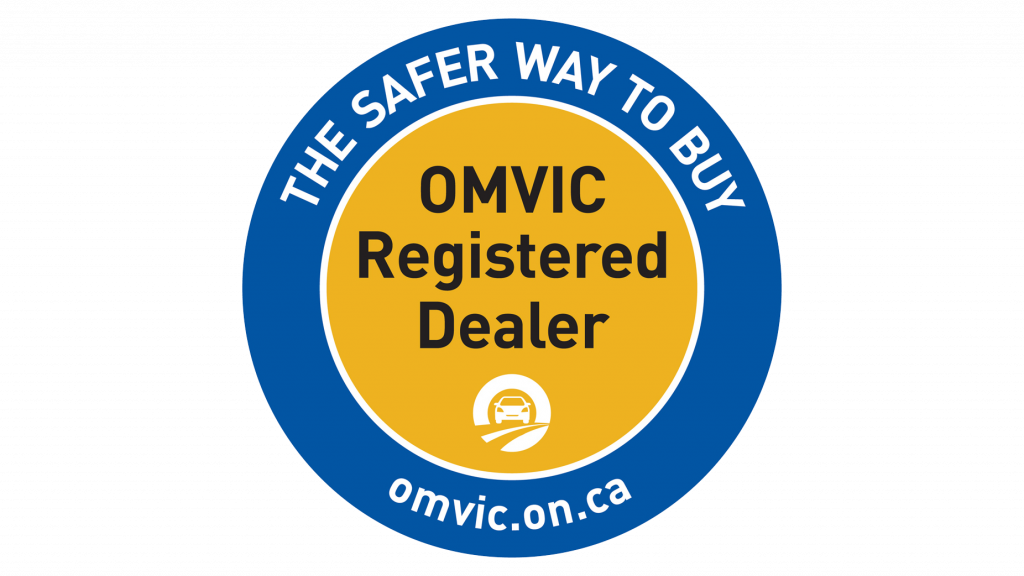From understanding your credit score to confirming dealer information: Your top tips to stay informed when it comes to financing.


Summer is finally here, which means it’s time to plan for fun getaways. Purchasing a vehicle opens the door for endless exploring opportunities. However, there are things you need to know when looking to finance a vehicle before your summer road trip.
OMVIC ensures consumers understand their rights, and that when buying either new or used motor vehicles from a dealer, there may be potential risks and pitfalls to watch out for.
What is negative equity?
One important consideration during the car buying process is negative equity. This occurs when you owe more on the vehicle than it’s worth. This can happen when you take out a long-term loan with a high-interest rate. If you’re considering a long-term loan, it’s important to understand the risks and impact of this type of financing. You may end up paying more for the vehicle in the long run, and it may be more difficult to sell or trade in the vehicle later on.
Financing rates
Another important point to keep in mind is that dealers aren’t required to disclose the best financing rate available to you. They may offer financing through their own preferred lenders, which may not necessarily be the best option for you. Additionally, dealers may receive a payment from financing firms they recommend, which could impact the rates and terms offered to you. To ensure you’re getting the best financing option, it’s important to do your research and shop around. Don’t be afraid to negotiate the terms and rates with lenders.
Credit score
Understanding your credit score is also crucial when arranging financing. Lenders will use your credit score to determine the interest rates and terms you qualify for. Check your credit report before applying for financing and work to improve your score if needed. It’s also important to confirm with the dealer the information they’re submitting about you and how many financing companies they’re contacting.
You might be at a loss if you don’t understand your financing terms
According to the Insurance Bureau of Canada (IBC), as consumers opt for longer loans with higher interest rates, certain situations may arise where insurance covers the loss of the vehicle but not the financing aspect.
In many cases, individuals might find themselves in a negative equity position, where the value of the vehicle is less than the remaining loan amount. This means that if your vehicle is lost or stolen, insurance payouts might not cover various expenses such as deductibles, negative equity, aftermarket add-ons, administration fees, market price adjustments beyond the sticker price, as well as extended warranties, service contracts, and additional insurances. Therefore, it’s recommended that you carefully read and understand the finance agreement or contract before signing.
No cooling off period
In Ontario there is no cooling-off period for motor vehicle agreements, so be sure of your decision before you sign. You will not be eligible for OMVIC’s compensation fund if you signed an agreement to purchase or lease a vehicle and then change your mind. Once you’ve signed a contract, it is legally binding.
OMVIC is your best resource!
Buying a new or used vehicle? Visit omvic.ca to access free car-buying resources to get you started, and sign up for the quarterly newsletter, Consumer Line.
You can also contact OMVIC’s consumer support team at consumers@omvic.on.ca or 1-800-943-6002 for expert advice and answers to all your car-buying questions, or if you have a complaint about a dealer or salesperson in Ontario.
Follow OMVIC on social media to stay up to date on the latest news.
IG: @omvic_official
Twitter: @omvic_official
Facebook: Ontario Motor Vehicle Industry Council (OMVIC)
